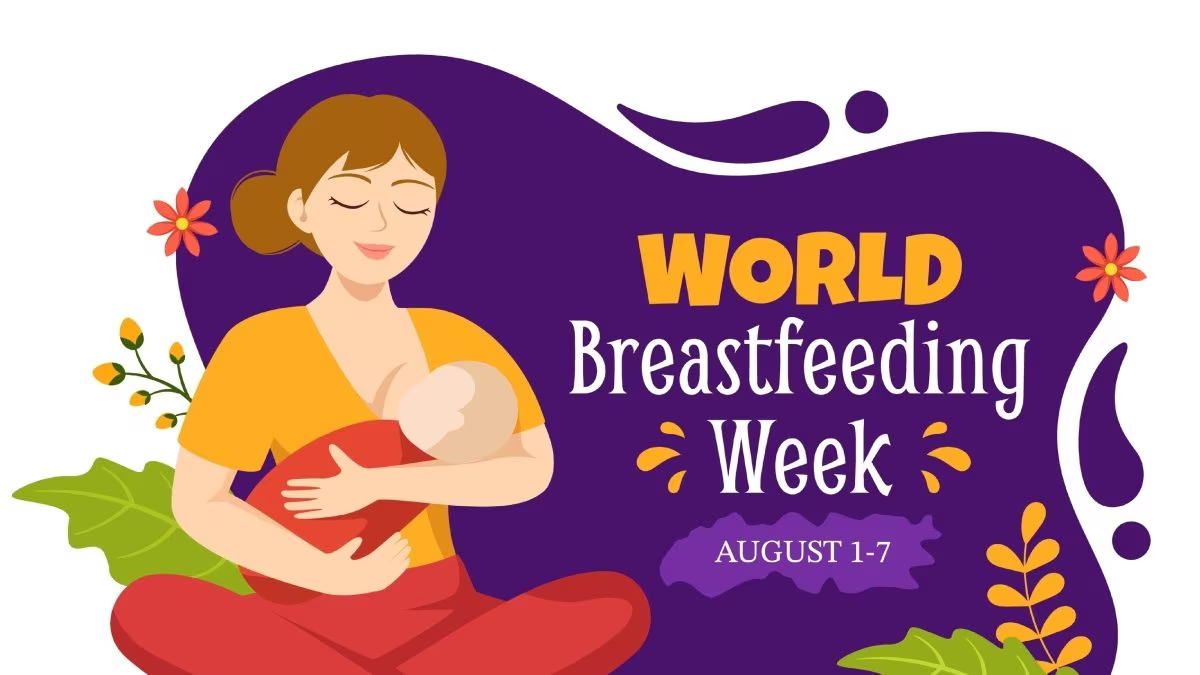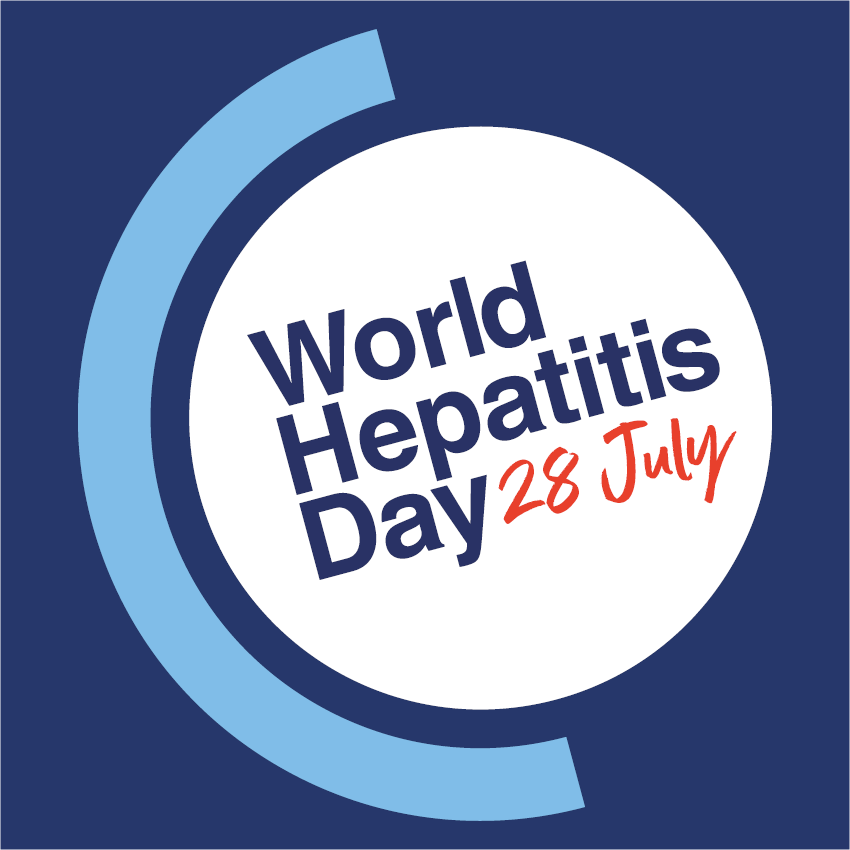World Immunization Week

World Immunization Week
Every year in the last week of April, the world community celebrates the life-saving power of vaccines.
Immunization is a healthcare success story that saves millions of lives every year. Immunization programs are considered one of the most important achievements of public health in the world. Along with clean water and improved access to health care, vaccines have strongly contributed to increasing life expectancy in most countries, which has also led to a decrease in the dramatic infant mortality rates recorded in the recent past. According to data from the World Health Organization, immunization programs prevent 4 to 5 million deaths annually worldwide.
Vaccines are one of the most effective mechanisms for protecting the body against infections. They are a biological preparation that provides active acquired immunity against a certain infectious or malignant disease. Vaccines have been present in history for more than two centuries and were essential in eradicating smallpox in the 1800s, a disease that killed 300 million people in the 20th century alone, as well as eliminating polio, neonatal tetanus, rubella, and congenital rubella in several regions of the world. Immunization programs have also contributed to the control of accidental tetanus, pertussis, measles, diphtheria and several other diseases that until recently led to hospital overcrowding, complications and deaths among children and adolescents.
In the last two decades, several vaccines have been developed and successfully implemented in immunization programs, such as that against rotavirus infections, which are the leading cause of severe diarrhea in young children, diseases associated with HPV infection, meningococcal disease, pneumococcal disease, shingles, Ebola and others. In 2019, the administration of a malaria vaccine was finally introduced in countries in Africa, with the potential to significantly reduce the severity of the most common form of malaria in children.
Vaccine safety
The safety and effectiveness of vaccines are continuously studied and verified. Like any drug, vaccines can cause side effects. However, they are usually very minor and short-lived, such as pain at the puncture site or slightly increased body temperature. More serious side effects are possible, but they are extremely rare. A person is much more likely to be seriously harmed by a disease than by a vaccine. Vaccine-preventable diseases, such as measles, meningitis, hepatitis B, HPV, or polio, can be deadly or cause severe illness or permanent disability. Possible complications of these diseases include blindness, deafness, paralysis, brain damage, infertility, cancer, birth defects and death.
Vaccines are developed in conditions of the most stringent tests, regulatory requirements and multiple phases of clinical trials. Health authorities carefully evaluate the results of these studies to ensure that the vaccine meets the highest standards of safety and efficacy before it is approved for use. As with all medicines, the safety of the vaccine must be monitored strictly and continuously, even after the completion of clinical studies and the introduction of a vaccine into use. Vaccine monitoring covers reports from several sources. At the national level, these are people who receive vaccines, parents or caregivers, and health professionals. These reports are then transmitted to the national health authorities. At regional and global levels, WHO and UNICEF support countries in collecting and monitoring this information and ensure that countries have the most up-to-date data on available vaccines.
And let's not forget that most vaccines have been used for decades, and every year millions of people around the world routinely or in response to a threat of disease are immunized completely safely.
Importance of vaccination
One of the most outstanding characteristics of some vaccines is that they induce such robust protection that they protect the vaccinated not only from symptomatic disease, but also from infection and therefore from the risk of transmission of the pathogen. Thus, when high vaccination coverage is achieved in a population through vaccines with these characteristics, it is possible to observe the presence of collective immunity, which leads to the interruption of the circulation of the pathogen.
Vaccines have, in a sense, fallen victim to their own success. The elimination of diseases or even their control has led new generations, unaware of these diseases, to underestimate their potential severity, to question the need for their children to be vaccinated, and thus increase the risk of resurgence of diseases that are controlled or in the process of elimination. Still in many parts of the world, 1 in 5 children is not vaccinated. Logistical problems, vaccine shortages in vaccination centers and growing anti-vaccination movements, supported by false information, have contributed to the alarming situation we are currently experiencing - epidemic outbreaks of measles and pertussis threaten the health and lives of the youngest children - those who are under the immunization age.
Collective (group) immunity makes it possible for the population to protect itself from disease, including those who cannot be vaccinated, such as newborns or those who have a compromised immune system.
In periods of explosion, as is currently observed, it is good for anyone who is not sure of their vaccination status to be vaccinated, and for children to consult and, if possible, withdraw the first or second dose earlier than indicated in the immunization calendar, in order to ensure optimal protection for the child and to help limit and stopping the circulation of the virus.
The vaccine is a luxury that everyone can afford. Get vaccinated to protect you and your loved ones!
Sources:
https://www.ncbi.nlm.nih.gov/pmc/articles/PMC10066437/
http://www.who.int

.webp)

